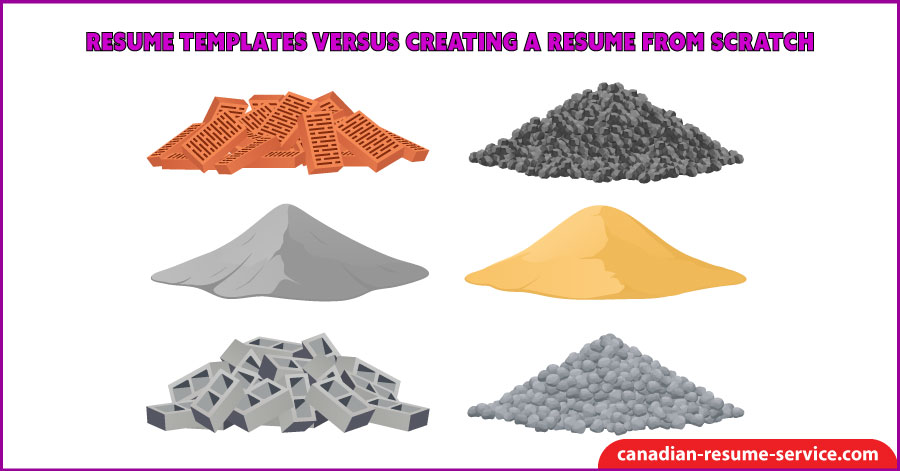Using resume templates versus creating a resume from scratch will be your decision, but a resume template can be extremely generic and may not yield job interviews for the job position you want.
It might seem like all resumes are the same, but after you have read a few, you will discover there are some massive differences. The format you choose can be the deciding factor between getting called for a job interview or sending out more copies of your resume.
What Separates an Attention-Grabbing Resume From an Unsuccessful One
Most job seekers make the mistake of thinking that the layout of the resume is unimportant. The reality is that the design is almost as important as the information you include. There are three popular types of layouts you can choose to use. I would estimate that at least 90% of the resumes created are either created using a chronological format or a functional format. The third is the combination resume format that is rarely used but is growing in popularity.
Chronological Resume Format
When you write a chronological resume, you will want to make sure your employment and educational accomplishments are listed chronologically. The key is to put your most recent experiences on top and work your way down.
Most prospective employers prefer a chronological resume to a functional resume because it makes it easier for them to access your background and qualifications. It lets them see how quickly you have progressed, how long you stick to employment commitments, and if you have gotten laid off or fired frequently. It also shows immediately if you have any gaps in your work history.
A chronological resume is also beneficial to many job seekers because it can highlight impressive organizations where they worked. If their work history is solid and shows progression, this is an added benefit. Some job seekers’ downfall is that if their job history is not perfect, this resume format will show every time period they didn’t progress within their career.
Functional Resume Format
The second type of resume that you should know about is called a functional resume. Instead of listing your employment and educational credentials in order, you will want to focus on your skill set instead of employment history when drafting a functional resume.
When you create a functional resume, the aim is to draw attention to the highlights you have experienced relevant to your seeking position. It includes skills-based and categorical sections that help to determine if you are qualified for the post.
Functional resumes are commonly used by a student seeking an internship, a stay-at-home parent entering the workforce, or someone interested in making a career change.
Combination Resume Format
The third type of resume that you might want to consider is a style that incorporates chronological and functional resume formats. This type is appropriately called a combination resume, and it is becoming increasingly popular. The reason professionals are starting to use a combination style is because it gives them the freedom to draw a prospective employer’s attention to their skills while also showing they have a strong educational and employment history.
Once you have decided on the type of resume format you want to create, ensure that all the information is written clearly and concisely. Additionally, do not overload your resume with irrelevant information, which could ruin your chances of getting an interview – remember to save some details for the discussion.

